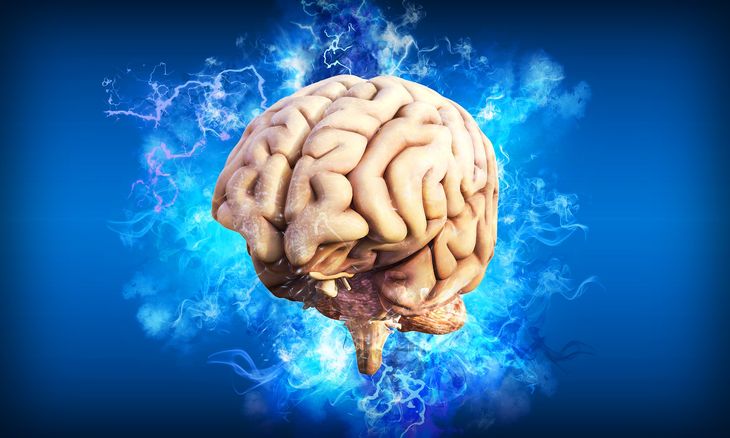The effect of artificial lights on the brain
Artificial lights, when they are strong, conspire against this brain ability. The same is done by the blue lights of different devices such as cell phones, tablets and computers. The brain interprets this light as sunlight and stops the production of melatonin, the hormone that helps us drift into deep sleep at night. Inevitably, this alters the quality of sleep and decreases the number of hours we sleep, depriving us of the opportunity to restore the body properly.
light.jpg
Other hormones are released or inhibited during sleep and this activity will be regulated by the brain. The antidiuretic hormone stops its production and protects our sleep by preventing interruptions. Growth hormone is secreted at night and its maximum release peak is during the first half hour of deep sleep. Hence the importance of children sleeping at least 8 hours and having good quality sleep. Thyroid hormone is also secreted while we sleep, but we do not know during which phase its release occurs.
what does the brain do
During the day, our brain receives a large amount of information that comes from the outside. This makes our neurons approach each other and their networks work tirelessly. As we sleep, neurons move away from each other, allowing brain fluids to wash out the space between neurons and remove all the metabolic debris left behind by daytime activity.
All the information that was processed during the day is reorganized, associated, archived and consolidated in memory during the night. For that, the brain will synthesize and secrete a series of substances during the period of sleep.
The brain will take care that we consolidate the different learnings that the day left us. It will free up space in the hippocampus, the brain structure involved in learning, and allow you to consolidate information, improving subsequent recall. Therefore, students who prepare for exams without sleep may pass, but surely, they will not remember the information for a long time. Consolidation requires a passage through slow sleep that releases the capacity of the hippocampus and stores information effectively.
brain-memory

pixabay
Something that facilitates learning is the generation of new connections between neurons.
During the night, connectivity increases in such a way that the brain becomes more creative. Solving problems while we sleep, understanding situations of daily life in a new way or giving an unexpected turn to something that worries us, are experiences common to most people. This happens, because in the reorganization of information, the brain will generate new connections between concepts and will lead us to generate ideas that did not exist before.
This associative ability that the brain has while we sleep is so overwhelming that it generates logical links from completely crazy ideas. He selects daytime information at random and associates concepts that are not related to each other, producing absolutely innovative ideas.
what happens while we sleep
We know that we dream and that our brain activity is behind dreamlike phenomena. During dreams, brain waves closely resemble the waves that the brain emits during daytime activity. Thus, our mind has experiences that seem real, but our brain protects us by disconnecting motor skills and preventing us from acting during dream activity.
Thanks to the fact that the brain continues to function while we sleep, the vital signs remain active, the body recovers from the day already lived and our mind prepares to enjoy the day to come.
Ph.D. in Behavioral Genetics (MN 33343), founder of Brainpoints (@brainpoints).
Source: Ambito
David William is a talented author who has made a name for himself in the world of writing. He is a professional author who writes on a wide range of topics, from general interest to opinion news. David is currently working as a writer at 24 hours worlds where he brings his unique perspective and in-depth research to his articles, making them both informative and engaging.




